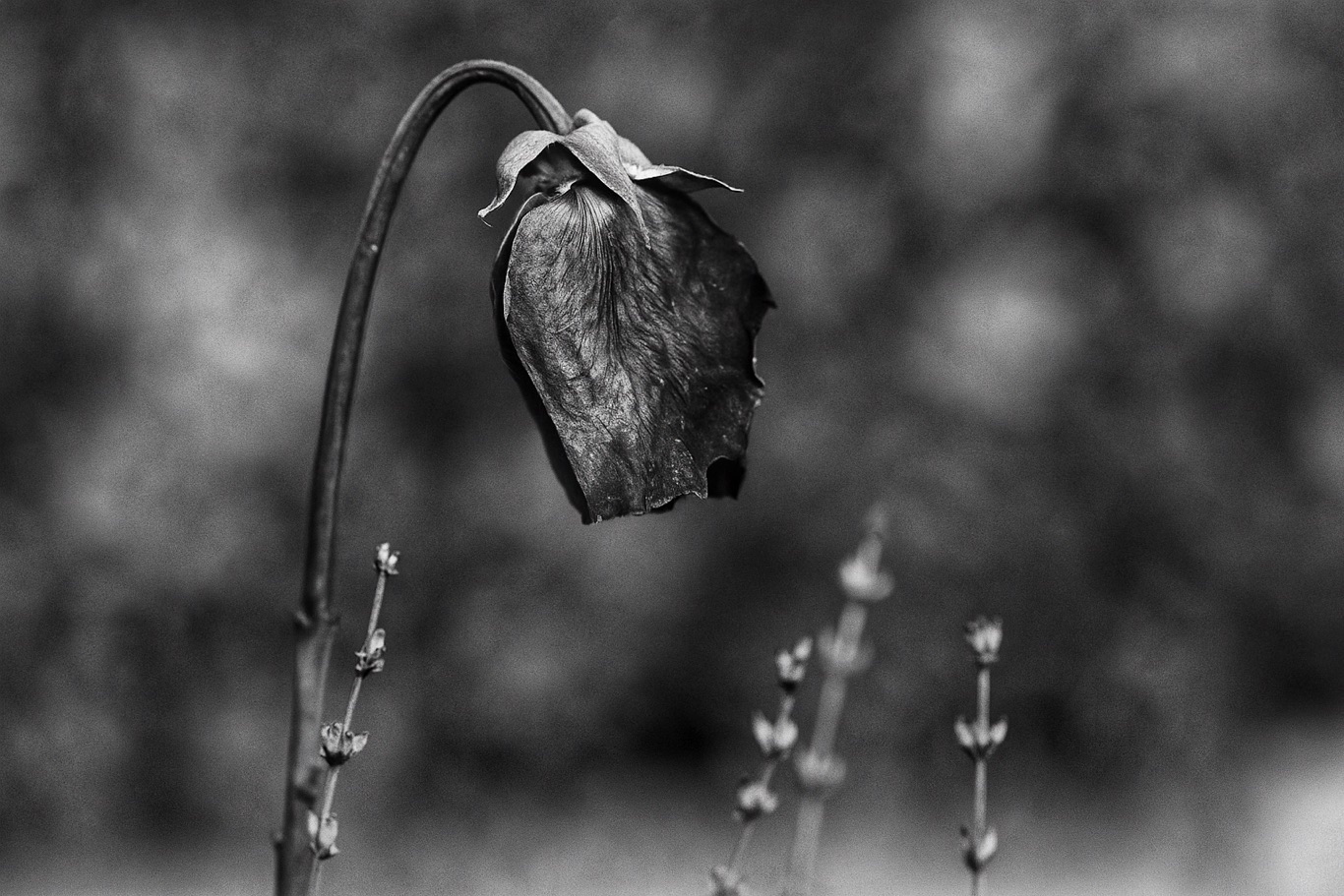Day 129
1 Samuel 22–23 | Acts 20:17–38 | Psalm 55
⸻
Sometimes the deepest wounds come from the people closest to you.
David knew that pain.
He was on the run—again.
Hiding in caves, moving at night, betrayed by those who should’ve protected him.
In 1 Samuel 23, he saves the city of Keilah from the Philistines. Risked his life to rescue them.
And how do they thank him?
They prepare to hand him over to Saul.
“Will the citizens of Keilah surrender me to him?” (1 Samuel 23:12)
Yes. They will.
David, the man after God’s own heart, the anointed future king of Israel, gets discarded by the very people he defended.
Because loyalty doesn’t always get returned.
David’s greatest wounds weren’t physical—they were relational. And Psalm 55 proves it.
Paul Knew That Pain Too
In Acts 20, Paul is saying goodbye to the elders in Ephesus.
He’s poured his life into these people—taught them day and night, cried with them, warned them, served them.
And he knows what’s coming:
“I know that after I leave, savage wolves will come in among you and will not spare the flock… Even from your own number men will arise and distort the truth…” (Acts 20:29–30)
Even from your own number.
That line cuts deep.
Because betrayal doesn’t always come from strangers. Sometimes it comes from brothers.
When You Feel Alone in Your Loyalty
I’ve been there.
You give your best.
Say yes. Show up early. Stay late.
Open your life. Share your home. Serve behind the scenes without needing credit.
But sometimes, the very people you’ve gone to battle for don’t show up for you.
Not out of malice. But out of drift. Or distraction. Or new priorities.
They say they’ll follow up. Plan something. Reciprocate.
But the call doesn’t come. The invitation never arrives. And what once felt like covenant starts to feel like convenience.
They’re not trying to hurt you. They just stopped noticing the weight you’ve been carrying alone.
Still, it hurts. Because one-sided loyalty starts to feel like you’re the only one still fighting for something no one else remembers.
That kind of wound runs deep.
It’s not just about disappointment—it’s the quiet ache that builds up when you’re always there but rarely seen. The slow erosion of trust when loyalty begins to feel one-sided.
And it doesn’t just make you want to stop loving.
It makes you want to stop trusting. Stop investing.
But David didn’t.
Paul didn’t.
And by the grace of God, I don’t want to either.
Because God sees.
God heals.
And God knows what it’s like to be betrayed by His own.
The Psalm That Names the Pain
Psalm 55 puts words to this ache.
“For it is not an enemy who taunts me—then I could bear it… But it is you, a man, my equal, my companion, my familiar friend.” (Psalm 55:12–13)
David doesn’t minimize the wound. He names it.
And then he hands it to God:
“Cast your burden on the Lord, and he will sustain you.” (Psalm 55:22)
Not fix it instantly. Not protect you from future wounds.
But sustain you.
A Love That Endures
If you’ve ever been the one left out, let down, or quietly replaced—this psalm is for you.
If your loyalty has cost you something—this psalm is for you.
And if you’re weary from loving people who don’t always love you back—this psalm is for you.
God doesn’t promise applause for our faithfulness.
But He does promise His presence.
And in the end, that loyalty—His—is the only loyalty that never breaks.
⸻
Lord, I want to love like You do. Not for attention. Not for recognition. But because You first loved me. When I’m hurt by those I’ve trusted, be the One who sustains me. When my loyalty costs me, remind me that You see. Make me faithful when faithfulness is difficult. Teach me to cast my burden on You, like David did, and trust that You will sustain me—even when others don’t. And help me believe that Your approval is enough—because Your love never leaves.
Amen.

Leave a Reply